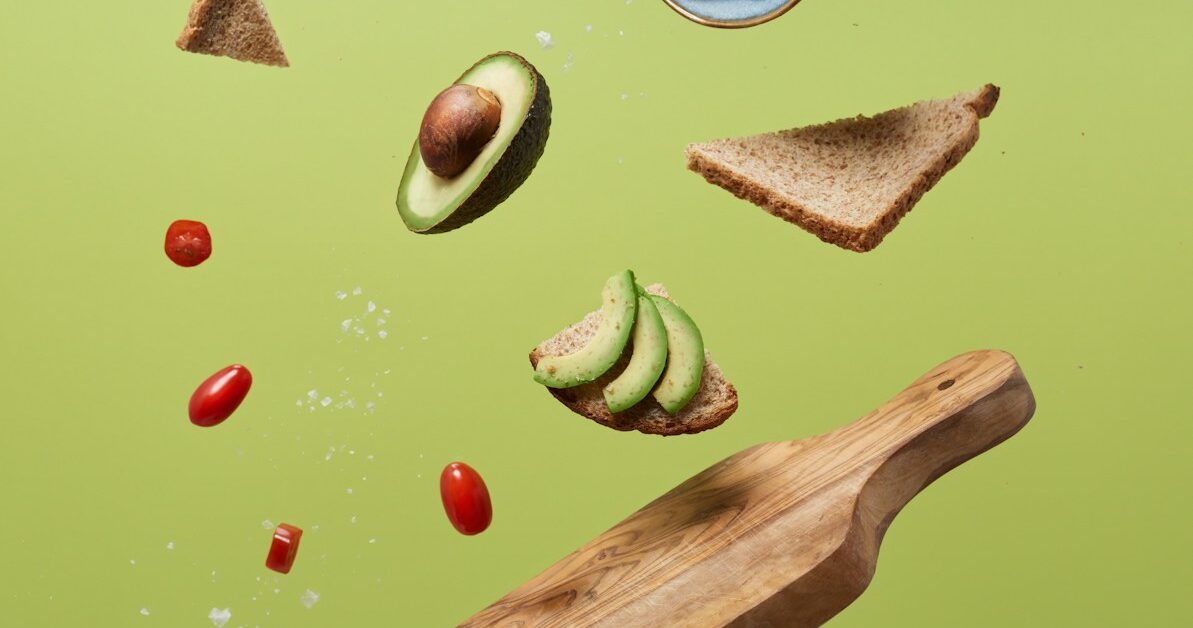Nutritional yeast and brewer’s yeast are two types of yeast that are commonly used in cooking and baking. While they may sound similar, there are some key differences between the two. In this article, we will explore the characteristics, nutritional profiles, and uses of nutritional yeast and brewer’s yeast.
Nutritional Yeast
Nutritional yeast, also known as savory yeast or nooch, is a deactivated yeast that is grown on molasses. It is typically sold in the form of flakes or powder and has a yellowish color. Nutritional yeast is a popular ingredient among vegans and vegetarians due to its cheesy and nutty flavor, making it a great substitute for cheese in various dishes.
Nutritional Profile
Nutritional yeast is highly nutritious and is often fortified with additional vitamins and minerals. Here are some key nutrients found in nutritional yeast:
- Protein: Nutritional yeast is a complete protein, meaning it contains all nine essential amino acids that the body cannot produce on its own.
- Vitamin B12: Many nutritional yeasts are fortified with vitamin B12, which is essential for nerve function and the production of red blood cells.
- Fiber: Nutritional yeast is a good source of dietary fiber, which aids in digestion and helps maintain a healthy gut.
- Iron: It contains iron, an essential mineral that is important for oxygen transport and energy production in the body.
- Zinc: Nutritional yeast provides zinc, which is necessary for immune function and wound healing.
Uses
Nutritional yeast has a wide range of culinary uses. Here are some popular ways to incorporate it into your diet:
- Seasoning: Sprinkle nutritional yeast on popcorn, roasted vegetables, or pasta dishes for a cheesy flavor.
- Vegan cheese substitute: Use nutritional yeast to make vegan cheese sauces, spreads, or dressings.
- Baking: Add nutritional yeast to bread, pizza dough, or savory baked goods for an extra depth of flavor.
- Boosting nutrition: Mix nutritional yeast into smoothies, soups, or stews to increase the protein and nutrient content of your meals.
Brewer’s Yeast
Brewer’s yeast, as the name suggests, is a byproduct of the beer brewing process. It is a type of Saccharomyces cerevisiae yeast and is often sold in the form of powder or tablets. Brewer’s yeast has a bitter taste and is commonly used as a nutritional supplement.
Nutritional Profile
Brewer’s yeast is also highly nutritious and offers several health benefits. Here are some key nutrients found in brewer’s yeast:
- Protein: Brewer’s yeast is a good source of protein, making it beneficial for muscle growth and repair.
- B vitamins: It is rich in various B vitamins, including thiamine, riboflavin, niacin, and pantothenic acid. These vitamins play a crucial role in energy production and maintaining a healthy nervous system.
- Chromium: Brewer’s yeast contains chromium, a mineral that helps regulate blood sugar levels and may improve insulin sensitivity.
- Minerals: It provides essential minerals such as selenium, zinc, and magnesium, which are important for various bodily functions.
Uses
Brewer’s yeast is commonly used as a nutritional supplement due to its high nutrient content. Here are some common uses of brewer’s yeast:
- Supplement: Brewer’s yeast is available in supplement form, such as tablets or capsules, and can be taken to boost overall nutrient intake.
- Energy and endurance: Some athletes use brewer’s yeast as a natural energy booster and to improve endurance during physical activities.
- Supporting lactation: Brewer’s yeast is believed to help increase milk supply in breastfeeding mothers.
- Managing blood sugar: Due to its chromium content, brewer’s yeast may help regulate blood sugar levels in individuals with diabetes.
In conclusion, both nutritional yeast and brewer’s yeast offer unique nutritional profiles and culinary uses. Nutritional yeast is a popular choice for its cheesy flavor and is often used as a vegan cheese substitute, while brewer’s yeast is commonly consumed as a nutritional supplement. Whether you are looking to enhance the taste of your dishes or boost your nutrient intake, both types of yeast can be valuable additions to your diet.
